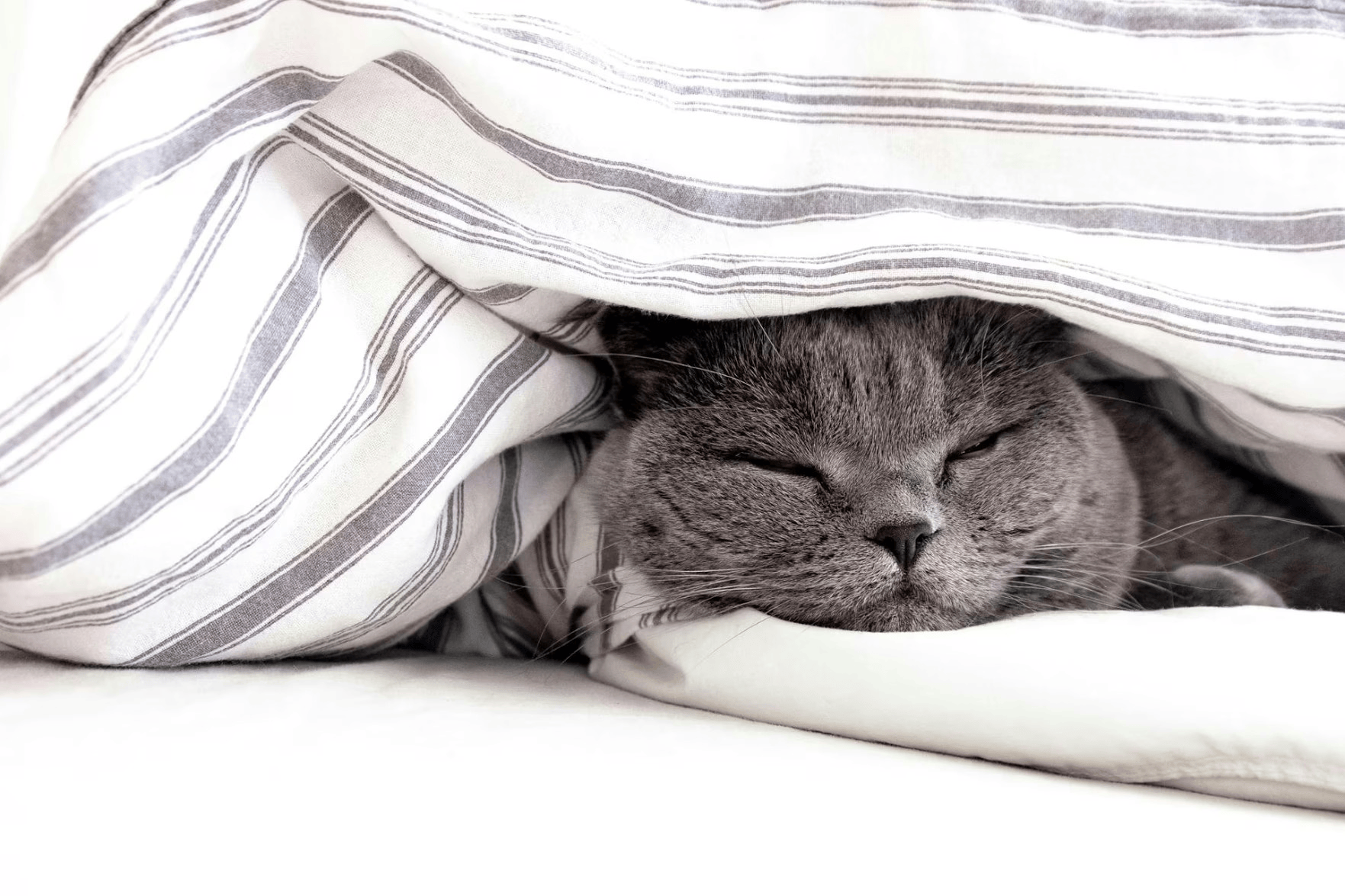It is a time when people can sleep in without the guilt of wasting time, enjoy long naps after a big meal, and silence the alarm clocks that usually rush them out the door. With this “unlimited sleep pass,” it’s no surprise that many are using the break to catch up on lost rest. Sleep often carries a stigma. People who sleep a lot are considered lazy, and phrases such as “sleep when you’re dead” or “walk or die” reflect a cultural mindset that equates less sleep with success. The statistics underscore this attitude: South Koreans consumed an average of 416 cups of coffee per person last year, more than double the global average of 150, according to market research firm Euromonitor — a testament to how hard people fight to stay awake. Sleeping less than seven hours a night triples the risk of catching a cold, while sleeping six hours or less raises the risk of coronary artery disease by 48 percent and stroke by 15 percent. Sleep deprivation can also reduce strength, stamina, and reaction time, impair memory and attention, and increase the risk of mood disorders, obesity, and diabetes. Still, if you build up 10 hours of sleep debt during the week, that doesn’t mean you need to sleep 10 extra hours on the weekend. Too much sleep can also be harmful. “The sleep-wake cycle is regulated by two mechanisms,” Lee said. “One is homeostasis — the longer you stay awake, the stronger the pressure to sleep. The other is the circadian clock, which wakes you up at regular times. Sleeping in over the holidays helps from a homeostatic perspective, but it disrupts your circadian rhythm. If you keep irregular hours during Chuseok, it can make returning to work much harder.
Thank you for reading this post, don't forget to subscribe!Do Not Wake Me Up Is It Okay To Catch Up On Lost Sleep Over The Holidays



